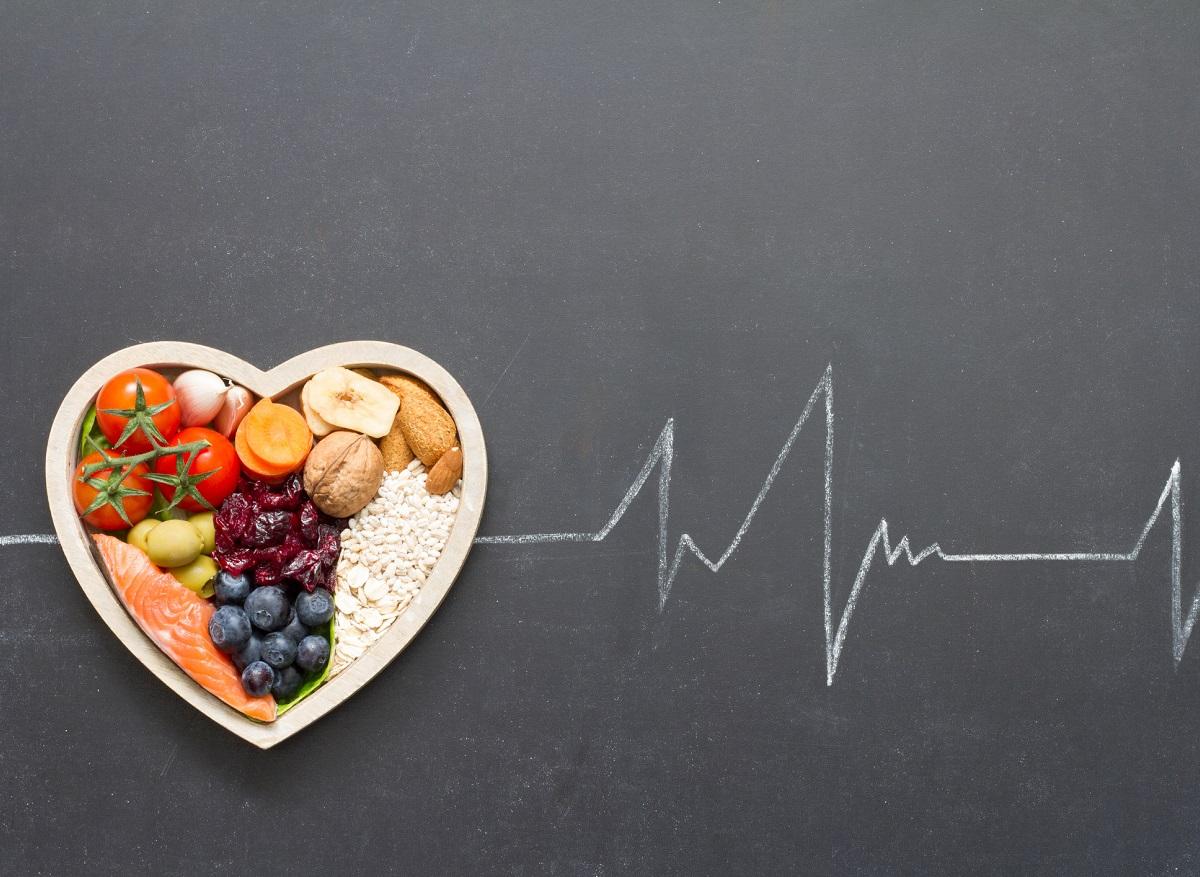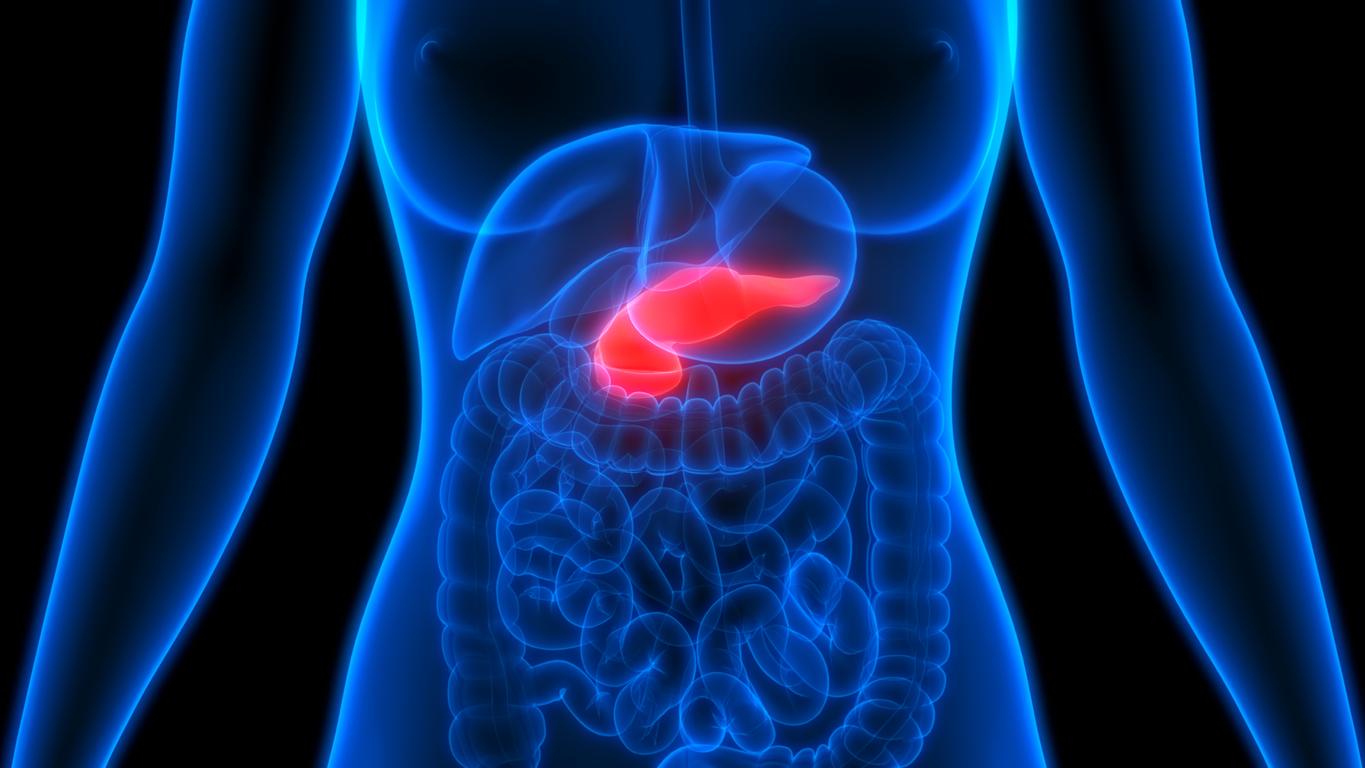By eating a diet rich in 10 key foods and adopting a healthy lifestyle, you can significantly reduce your risk of developing a myocardial infarction and take care of your cardiovascular health.

- A diet rich in fruits, vegetables, oily fish, legumes and fiber can protect your heart.
- Limit red meat, refined sugars, saturated and trans fats, salt and alcohol to reduce your risk.
- Combine a healthy diet with an active lifestyle and regular medical monitoring for a healthy heart!
Diet plays a crucial role in preventing cardiovascular diseases, including myocardial infarction, which sadly causes many deaths each year. In 2024, it is more important than ever to turn to a healthy and protective diet to preserve your heart.
Heart health: a major public health issue
Cardiovascular diseases remain the leading cause of death worldwide, with myocardial infarction being the most feared event. Fortunately, adopting a healthy and balanced diet can significantly reduce the risk of developing these diseases.
The 10 Key Foods That Can Make All the Difference
1. Fruits and vegetables: valuable allies
Rich in fiber, vitamins, minerals and antioxidants, fruits and vegetables help maintain healthy blood pressure, reduce LDL (“bad”) cholesterol levels and protect arteries from oxidative damage. Aim for at least 5 servings of a variety of fruits and vegetables daily.
2. Oily fish: sources of omega-3 fatty acids
Oily fish, such as salmon, tuna and sardines, are rich in omega-3 fatty acids, which are known for their anti-inflammatory and cardiovascular health benefits. Eat 2 to 3 servings of oily fish per week.
3. Legumes: top fiber and protein
Lentils, chickpeas, dried beans… Legumes are excellent sources of soluble fiber, which helps reduce LDL cholesterol levels. They are also rich in plant-based proteins and essential minerals for the heart. Include legumes in your meals at least twice a week.
4. Nuts and seeds: a handful of benefits
Almonds, walnuts, pistachios, chia and flax seeds… These little treasures are full of fiber, “good” fats, vitamins and minerals that are beneficial for heart health. A handful a day will give you a valuable dose of protective nutrients.
5. Extra virgin olive oil: a Mediterranean treasure
Rich in monounsaturated fats and antioxidants, extra virgin olive oil is the oil of choice to protect your heart. Use it to dress your salads, vegetables and cooked dishes.
6. Whole grains: fiber for a healthy heart
Opt for whole grains (brown rice, whole-wheat pasta, whole-wheat bread) instead of their refined versions. They are richer in fiber, vitamins and minerals, promoting better digestion and stable blood sugar levels, two important elements for cardiovascular health.

7. Fermented dairy products: probiotics for good intestinal balance
Yogurts, cottage cheese and other fermented dairy products rich in probiotics help maintain a good balance of intestinal flora, which can play an indirect role in preventing cardiovascular diseases.
8. Dark chocolate: a tasty and cardioprotective pleasure
Dark chocolate, with a cocoa content of at least 70%, is rich in antioxidants and heart-healthy flavonoids. Consume it in moderation, enjoying a few squares a day.
9. Spices and herbs: flavors that do you good
Turmeric, ginger, garlic, onion… These spices and herbs are full of anti-inflammatory and antioxidant compounds that can help protect your cardiovascular system. Don’t hesitate to use them generously to flavor your dishes.
10. Water: an essential drink for hydration
Drinking enough water is essential to maintain good hydration, a vital function for the heart and the entire body. Aim for at least 1.5 liters of water per day.

















